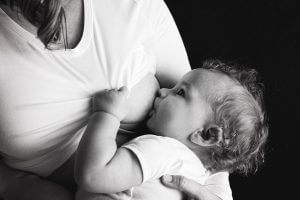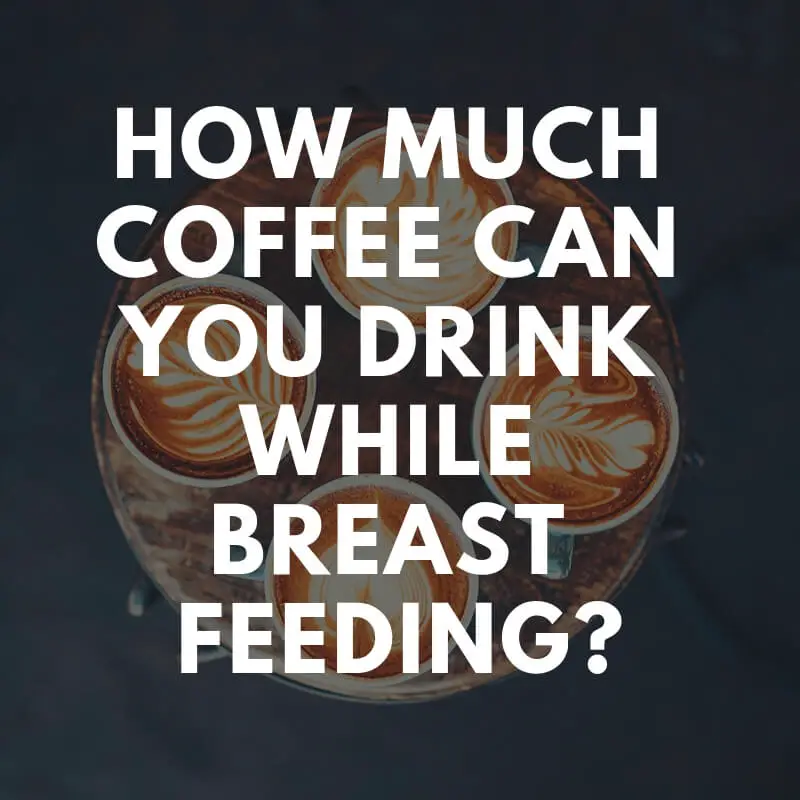Affiliate Disclosure – This post may contain affiliate links where we may receive compensation if you purchase products linked below. As an Amazon Associate, I can earn from qualifying purchases. This doesn’t cost you anything and helps keep our little blog running. Read our privacy policy for further information.
We get it, raising a baby is hard work! Getting up in the morning and feeling like you haven’t had any sleep makes it really hard to get going and moving.
 The answer for my wife was coffee. I’d often get up in the morning and my first job was to make her a coffee and some food to help get her awake and also get some food in the stomach from all the energy she was burning from breast feeding.
The answer for my wife was coffee. I’d often get up in the morning and my first job was to make her a coffee and some food to help get her awake and also get some food in the stomach from all the energy she was burning from breast feeding.
But what impacts can coffee consumption have on your baby? The purpose of this article is to look at how much caffeine you can drink while breast feeding, what the effects are on your baby and how much caffeine is in most readily available drinks.
How much Coffee can I drink when Breast Feeding?
According to the Breastfeeding Association of Australia, it is safe to consume a moderate amount of caffeine without having any impact on your baby.
Generally the key when it comes to caffeine consumption is your babies ability to process the caffeine when it is transferred through breast milk.
Around 1% of caffeine that the mother consumes is transferred across to her breast milk.
The Australian Breastfeeding Association says that:
- Babies aged 0-6 months can take up to 80 hours to process caffeine
- Babies aged 6 months and up can process caffeine in 2-3 hours
In terms of consumption levels, it’s recommended that you consume up to 300 mg of caffeine per day which works out to be around 2-3 cups of coffee a day.
What are the Effects on a Baby when you Consume Caffeine?
How a baby reacts to caffeine varies as every baby is different and also depends on how well a mother processes caffeine. Generally we see a baby experience the following behaviour when they have consumed too much caffeine through breast milk:
- Over active and alert
- Unhappy and difficult to settle
- Jittery
- Sleeping poorly
 Some studies like this one from Brazil argue that caffeine actually has no impact on your babies sleep when it is transferred from breast to your baby.
Some studies like this one from Brazil argue that caffeine actually has no impact on your babies sleep when it is transferred from breast to your baby.
We’d recommend just using common sense when it comes to your caffeine consumption while you’re breast feeding. As tempting as it is to have 5-6 coffees a day to remain awake and alert, try to keep it to 1-2 to get you up and going.
How much Caffeine is in Most Drinks?
Caffeine is quite deceptive and actually comes in lots of drinks other than coffee which we normally link it to.
Below are some of the more popular drinks and their associated caffeine levels:
| Type of Drink | Drink Size (ml) | Caffeine Level (mg) |
|---|---|---|
| Percolated coffee | 250 ml | 60-120 mg |
| Energy drink | 80 ml | 250 mg |
| Instant coffee (1 teaspoon) | 250 ml | 60-80 mg |
| Tea | 250 ml | 10-50 mg |
| Green tea | 250 ml | 30-70 mg |
| Decaf coffee | 240 ml | 2-4 mg |
| Take away coffee | 350 ml ~ | 50-350 mg |
When is the best time to Consume Caffeine?
Generally the best time to consume caffeine is straight after you have breastfed your baby.
This gives your body time to process the caffeine and with any luck, will drop the caffeine content in your milk to next to nothing so your baby doesn’t actually consume any caffeine in the breast milk.
Summary 
Consuming coffee or other caffeine drinks while breast feeding comes down to common sense. Try to limit your intake to 2-3 cups or 300 mg of caffeine a day and try to plan your intake to be just after you have breast fed so you give your body time to process the caffeine in your system and reduce the chances of it being passed across to your baby.
Affiliate Disclosure – This post may contain affiliate links where we may receive compensation if you purchase products linked below. As an Amazon Associate, I can earn from qualifying purchases. This doesn’t cost you anything and helps keep our little blog running. Read our privacy policy for further information.

My name’s Alex and I’m a husband, dad to beautiful identical twin boys, cyclist, photographer and connoisseur of great coffee!
Help I’m Having Twins has been created for me to share what I found useful as a new parent and dad to twins.

